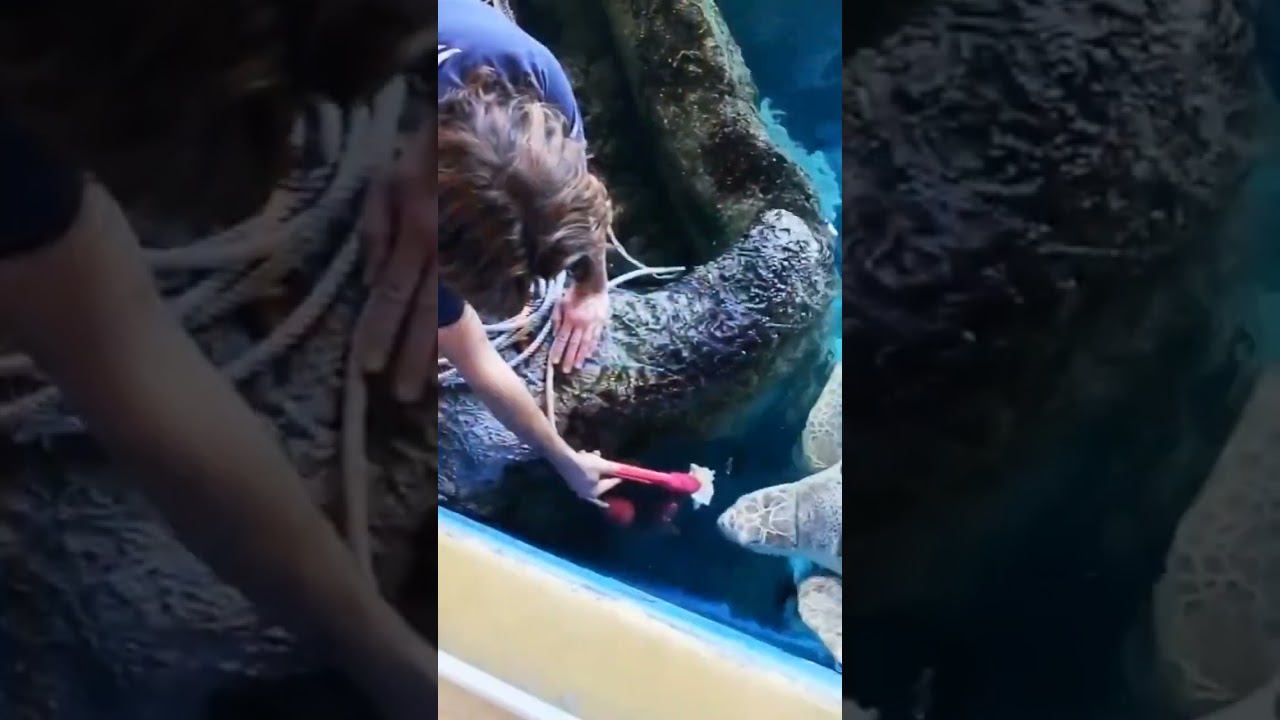- The critical role of zookeepers in animal care and welfare
- The specialized knowledge and skills required for zookeeping
- The contributions of zookeepers to wildlife conservation efforts
- Challenges faced by zookeepers in managing captive animal populations
- The public’s role in supporting zookeepers and conservation initiatives
Zookeepers play an indispensable role in the daily operations of zoos and aquariums around the world. Their commitments go beyond mere animal care. They are devoted to enhancing animal welfare, providing enrichment, and contributing to critical wildlife conservation efforts. The Thank you Zookeepers! campaign celebrates these unsung heroes who dedicate their lives to the care and study of animals. This article sheds light on the intricate responsibilities and the profound impact zookeepers have on both captive and wild animal populations.
Zookeepers are tasked with the multifaceted responsibility of ensuring the health, safety, and well-being of the animals in their care. This involves routines such as feeding, cleaning, and monitoring the health of various species, from the smallest insects to the largest mammals. Attention to detail is crucial; a zookeeper’s observational skills can identify subtle changes in an animal’s behavior, appetite, or physical condition that could indicate health issues. Regular communication with veterinarians and other wildlife professionals is essential for crafting effective care plans tailored to the individual needs of each animal.
Beyond daily care, zookeepers are also deeply involved in designing and implementing enrichment activities that stimulate the animals physically and mentally. These activities mimic natural behaviors, promoting exercise and reducing stress. For example, providing puzzle feeders or complex climbing structures can encourage natural foraging behaviors and problem-solving skills. Such enrichment is vital for captive animals’ welfare, keeping them engaged and preventing behavioral problems that can arise from boredom or lack of stimulation.
Education and specialized training are critical components for anyone pursuing a career in zookeeping. Most zookeepers hold degrees in zoology, biology, or animal science. These academic backgrounds provide a robust foundation in animal behavior, physiology, and ecology. Additionally, hands-on experience through internships or volunteer opportunities is invaluable. A comprehensive understanding of species-specific needs, habitat requirements, and breeding behaviors helps zookeepers provide optimal care and make informed decisions.
Continual learning is part of a zookeeper’s journey, as new research and advancements in animal care emerge. Workshops, seminars, and certifications offer opportunities for zookeepers to expand their knowledge and refine their skills. Staying informed about the latest developments in zoo management and wildlife health is vital. It allows zookeepers to implement best practices that enhance animal care and contribute to conservation efforts.
Zookeepers are at the forefront of many conservation initiatives around the globe. Their work supports breeding programs for endangered species, serving as an essential genetic reservoir to bolster declining wild populations. Successful breeding programs, such as those for the giant panda or the black-footed ferret, are a testament to the dedication and expertise of zookeepers and their collaboration with scientists and conservationists.
Furthermore, zookeepers contribute to field research and conservation projects by providing valuable data on animal behavior, health, and reproduction. These insights are instrumental in formulating strategies to combat habitat loss, poaching, and other threats faced by many species in their natural habitats. By linking their efforts in captivity with field endeavors, zookeepers establish an integrated approach to preserving biodiversity.
In their line of work, zookeepers encounter several challenges that demand careful handling and adaptive problem-solving. The well-being of captive animals can be influenced by various factors such as limited space, social dynamics within species, and the potential for disease outbreaks. Effective enclosure design, rigorous hygiene protocols, and responsive healthcare interventions are crucial in mitigating these challenges. Zookeepers regularly evaluate and adjust these parameters to provide the best possible environment for the animals under their care.
Another challenge is balancing the educational and entertainment aspects of zoos with the animals’ needs. Zookeepers strive to educate the public about conservation and animal welfare through engaging exhibitions and interactive programs while ensuring the animals’ comfort. This delicate balance requires creativity, empathy, and resourcefulness.
The role of the general public in supporting zookeepers and conservation efforts is more influential than commonly perceived. Zoos and aquariums serve as educational platforms where visitors can learn about biodiversity, ecosystems, and the importance of conservation. By financially supporting these institutions through admission fees, memberships, and donations, the public directly contributes to the funds needed for animal care, research, and conservation initiatives.
Moreover, adopting sustainable practices and avoiding products that harm wildlife and ecosystems amplify conservation efforts. Public advocacy for stronger wildlife protection laws also supports the mission of zookeepers and conservationists. Education is empowering, and informed individuals can drive change by promoting respect for nature and taking personal action to reduce their environmental footprint.
The Thank you Zookeepers! campaign shines a spotlight on these tireless professionals whose passion and dedication extend far beyond the gates of their respective institutions. By understanding and appreciating their critical contributions, we can foster a deeper respect for the natural world and collaborate in the ongoing effort to preserve it for future generations. Zookeepers deserve our gratitude and support as they continue their vital work in animal care and wildlife conservation, contributing significantly to biodiversity and environmental sustainability.
*****
Source Description
Thank you Zookeepers! 💙


